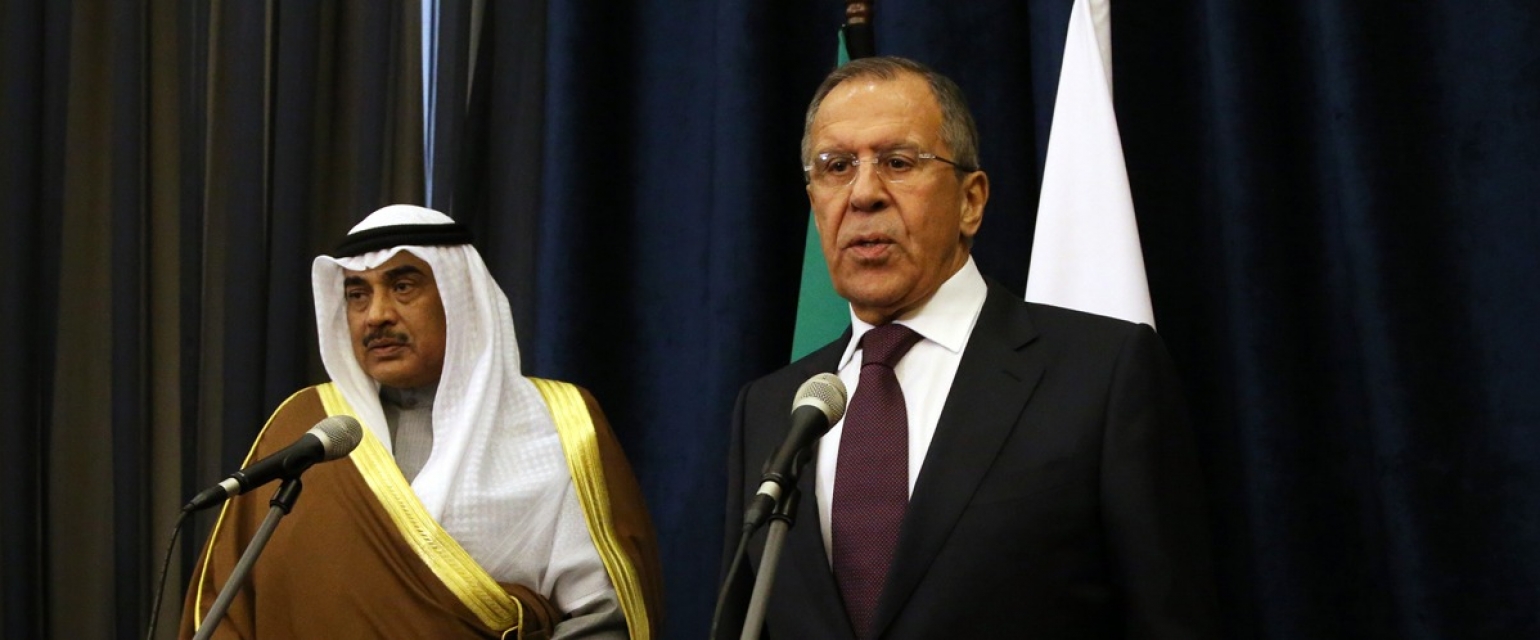

The unprecedented terrorist attacks in Paris came just days before an important G20 Summit in Turkey, where Vladimir Putin and Barack Obama had the opportunity to meet informally to discuss Syria and Ukraine.
Heading into the weekend, the leaders and diplomats of the twenty countries with the biggest economies were busy preparing for the G20 Summit, which is taking place in Antalya, Turkey from Nov. 15-16. There are many issues on this year’s agenda – from problems in the world economy and finance to refugee issues, the fight against terrorism and resolving the Syrian crisis. However, in light of the Nov. 13 Paris terror attacks that left over 100 people dead and more than 300 injured, the issue of fighting terrorism and, in particular, the Islamic State in Iraq and Syria (ISIS), has dominated the agenda of the G20 Summit.
The Paris terror attacks, the G20 and Syrian peace talks
The terrorist attacks in Paris on Nov. 13 affected to a great extent the agenda of both Syrian peace talks in Vienna on Nov. 14 and the G20 Summit in Turkey.
In Vienna, 17 nations participated in talks on the political settlement in Syria. They ultimately overcame their differences and adopted a timeline for political transition in Syria, which will give an opportunity for opposition groups and the government to draft a constitution and conduct elections by 2017.
Before the G20 Summit kicked off in Turkey, there was much speculation about the appearance of both U.S. President Barack Obama and Russian President Vladimir Putin, who did not schedule a meeting on the sidelines of the venue.
After the Paris attacks, however, it has become more obvious that Russia and the U.S. should make a move towards reconciliation, at least on the question of fighting terrorism. To the surprise of many, Putin and Obama ultimately had an unplanned conversation on the sidelines of the G20 Summit for about 20 minutes, where they discussed the Syrian crisis and Ukraine.
The White House has already characterized the discussion two leaders had as “constructive.” Putin and Obama agreed on the necessity for a ceasefire in Syria and that talks between the conflicting parties should be brokered by the UN.
This meeting could become a pivotal moment in the Syrian crisis as well as in Russia-West relations in general. However, given the fact that a U.K. newspaper, the Times, wrote about an alleged plan to designate Russia as the main threat in the UK’s new security strategy, which will be presented at the end of the month, there is still a long way to go before world leaders can think about a true turning point in Russia-West relations.
Russia reaffirms its friendship with Kuwait
On Nov. 10, the Emir of Kuwait, Sabah Al-Ahmad Al-Jaber Al-Sabah, made his first trip to Russia as the head of state, to discuss with President Vladimir Putin regional security issues and possible areas of cooperation. The meeting was held at the Black Sea resort of Sochi. The talks were attended by the leaders and foreign ministers of both countries.
Continue reading at Russia Direct
U.S. and NATO will retain their influence on Kabul, due to the large amounts of financial aid on which the national budget depends, but the real question is: How hard will the new president work on finding an alternative to this source of financing? In Afghan society, there is a very strong anti-American sentiment, and therefore, there is a demand for closer ties with other countries, and even support for their confrontations with the United States.
January was marked, above all else, by renewed U.S.-Russian dialogue on a range of international issues, including Syria. For example, conditions were set for inter-Syrian dialogue, although hopes for success there are very small. At the same time, the U.S. side is doing its share to ensure that initiatives for the positive development of U.S.-Russian relations become derailed by making provocative statements, such as the accusations made by U.S. Treasury Department official Adam Szubin about corruption within the Russian government.
A resolution to the Syrian crisis shows the increasing importance of pragmatism and common sense in resolving complex diplomatic issues.
Russia can help Congo achieve stability and prosperity. It has a history of engaging with the country during its early days of independence in the 1960s. It also has expertise in extracting the minerals that could make Congo prosperous. And it has a willingness to help Africa’s second-largest country end its civil war.